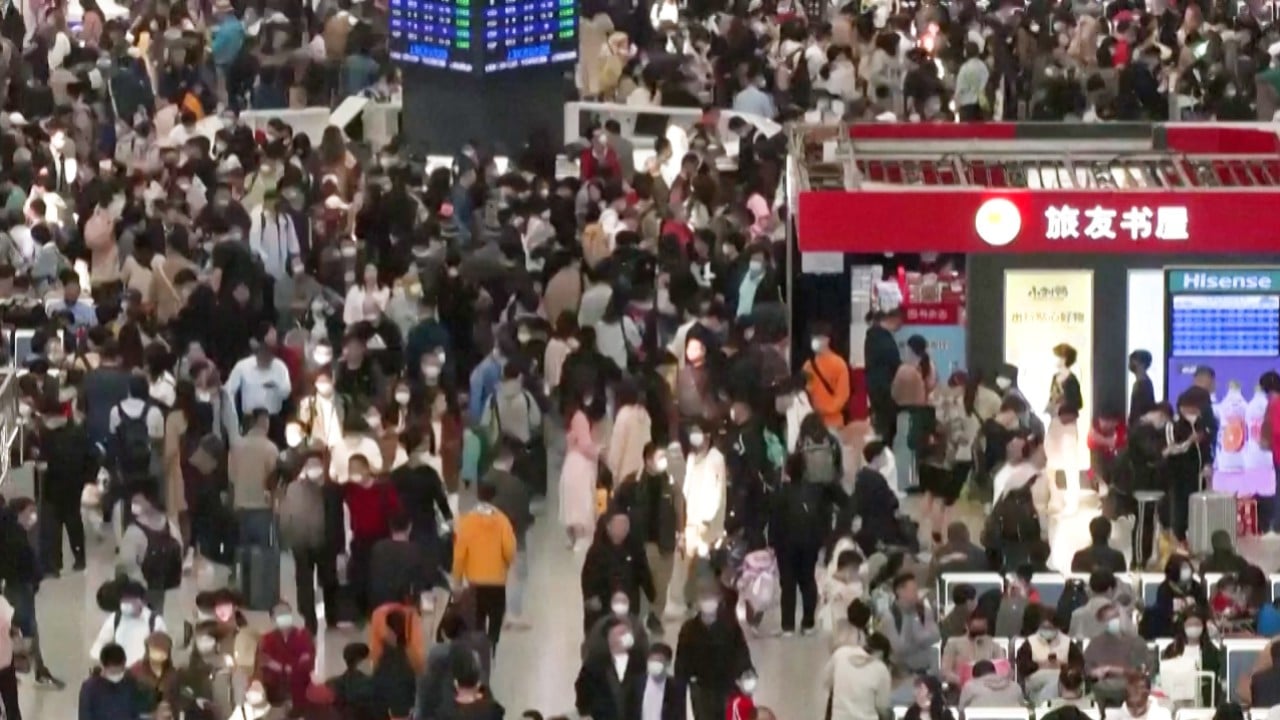
China’s private sector should be on a par with state-owned industry, leading economist tells high-profile Beijing forum
- Misconception that ‘the private economy is not the foundation of the ruling party’s rule’ should be clarified, Tsinghua University’s Li Daokui says
- All economies that operate by law, private or state-owned, are a basis for the ruling party to govern, Li tells Tsinghua PBCSF Chief Economists Forum
When the public keeps hearing that the ruling party is based on a state-owned economy, it creates a big problem, Li told the annual Tsinghua PBCSF Chief Economists Forum in Beijing.
“In fact, all economies that operate by law, whether private or state-owned, are a basis for the ruling party to govern,” Li said, as he stressed the importance of boosting the confidence of private business.

Private firms account for more than 50 per cent of China’s tax revenue, 60 per cent of its gross domestic product, 70 per cent of technological innovation, 80 per cent of urban employment, and 90 per cent of market entities, according to official data.
However, private businesses have been under enormous pressure in recent times – including nearly three years of strict coronavirus controls, as well as regulatory action against the property sector, platform companies and private tutoring.
China’s property rebound to be slow; sector’s contribution to GDP seen declining
Li also referred to recent proposals to set up a regulatory body to oversee the private sector, on the lines of China’s state-assets watchdog, the State-owned Assets Supervision and Administration Commission.
The handling of many issues could become easier and better if the two bodies were equally important, he said.
“One indicator needs great attention, that is, the current indication for China’s CPI and PPI is weak.”
China’s economic indices have struggled amid a rocky rebound. In March, the consumer price index (CPI) rose at its slowest pace in 18 months, while the producer price index (PPI) fell 2.5 per cent year on year, the fastest pace since June 2020.
Li called for more measures to boost consumer confidence, instead of just relying on major construction projects to drive growth.
Citing the example of the 1 billion yuan (US$144.7 million) in consumption coupons given out in Shanghai last year, Li said surveys found the coupons leveraged another 4 billion yuan of additional consumption, of which 30 per cent contributed to local tax revenues.


